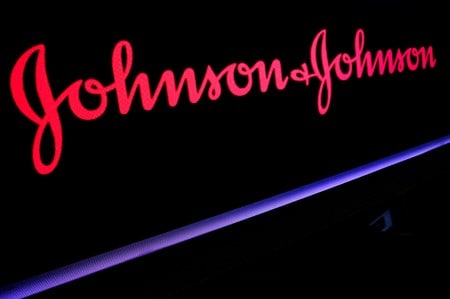By Nate Raymond
(Reuters) – An Oklahoma judge will rule on Monday on whether Johnson & Johnson should be held liable in a lawsuit by the state’s attorney general who argues the drugmaker should be forced to pay $17 billion for fueling the opioid epidemic.
Judge Thad Balkman in Norman, Oklahoma, will deliver his decision from the bench after presiding over the first trial to result from thousands of lawsuits by state and local governments against opioid manufacturers and distributors, the court said.
Opioids were involved in almost 400,000 overdose deaths from 1999 to 2017, according to the U.S. Centers for Disease Control and Prevention. Since 2000, some 6,000 Oklahomans have died from opioid overdoses, according to the state’s lawyers.
During a seven-week, non-jury trial that began in May, Oklahoma Attorney General Mike Hunter sought to establish that J&J carried out a years-long marketing campaign that minimized the addictive painkillers’ risks while promoting their benefits.
Lawyers for the state called J&J an opioid “kingpin” and contended its marketing efforts created a public nuisance in the form of the opioid crisis as doctors over-prescribed the drugs, leading to a surge in overdose deaths in Oklahoma.
J&J denied wrongdoing. It contends its painkillers, Duragesic and Nucynta, were a tiny fraction of all opioids prescribed in Oklahoma. It also said its marketing claims had scientific support.
Lawyers for New Jersey-based J&J also contend in court papers that the state’s case rests on “radical theories” disconnected from more than a century of court cases interpreting the state’s public nuisance law.
J&J had no comment on Wednesday.
The case is being closely watched by plaintiffs in other opioid lawsuits, particularly in around 2,000 cases pending before a federal judge in Ohio who has been pushing for a settlement ahead of an October trial.
OxyContin maker Purdue Pharma LP and Teva Pharmaceutical Industries Ltd were originally also defendants in the case. Purdue reached a $270 million settlement with Oklahoma in March and Teva settled for $85 million in May. Both deny wrongdoing.
(Reporting by Nate Raymond in Boston; Editing by Matthew Lewis)


